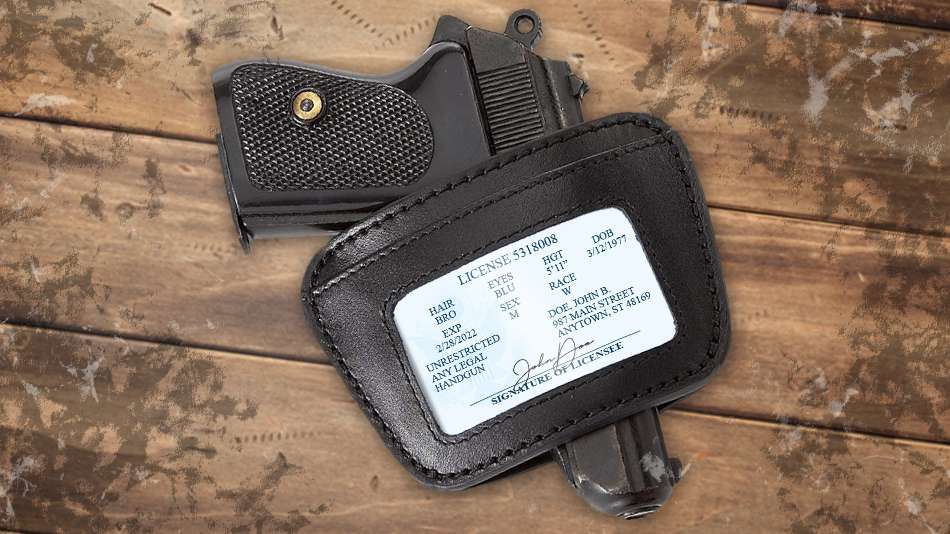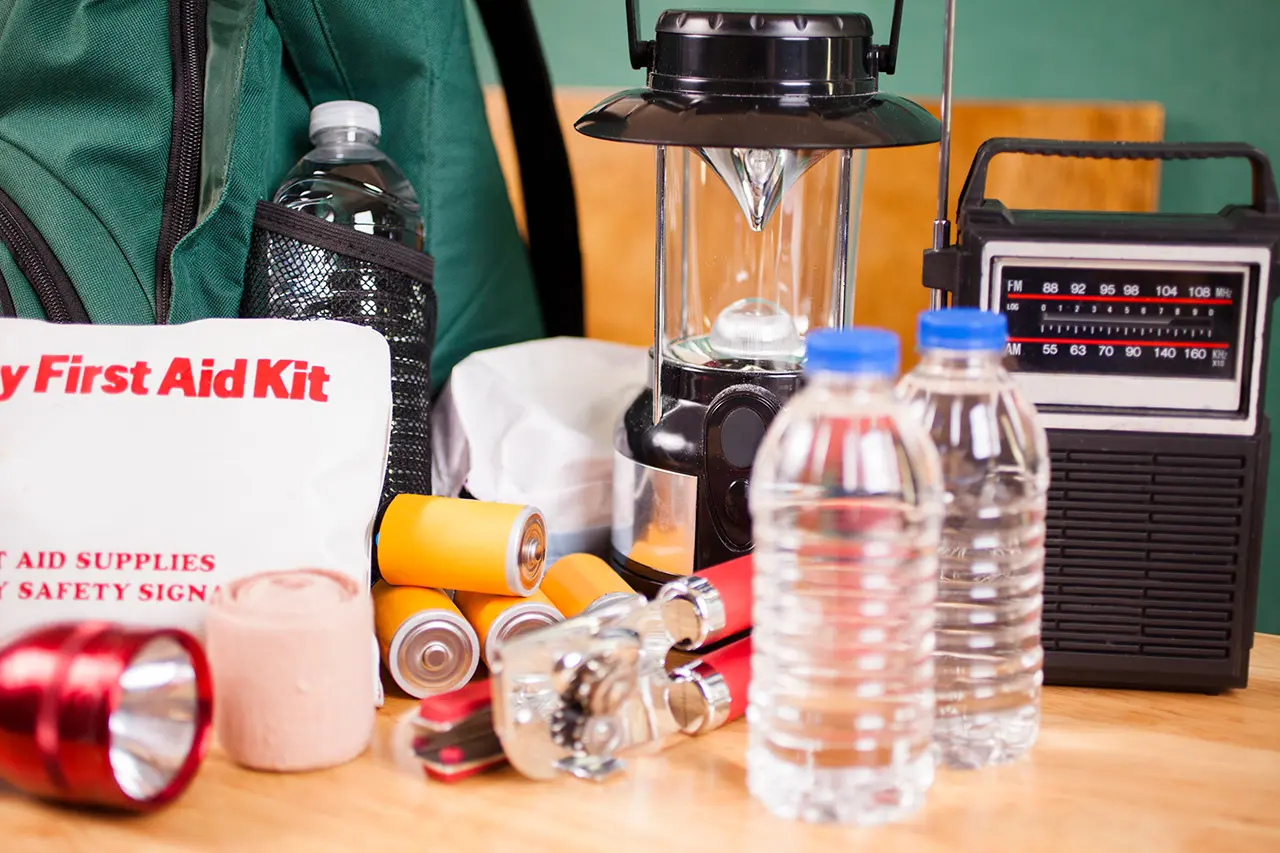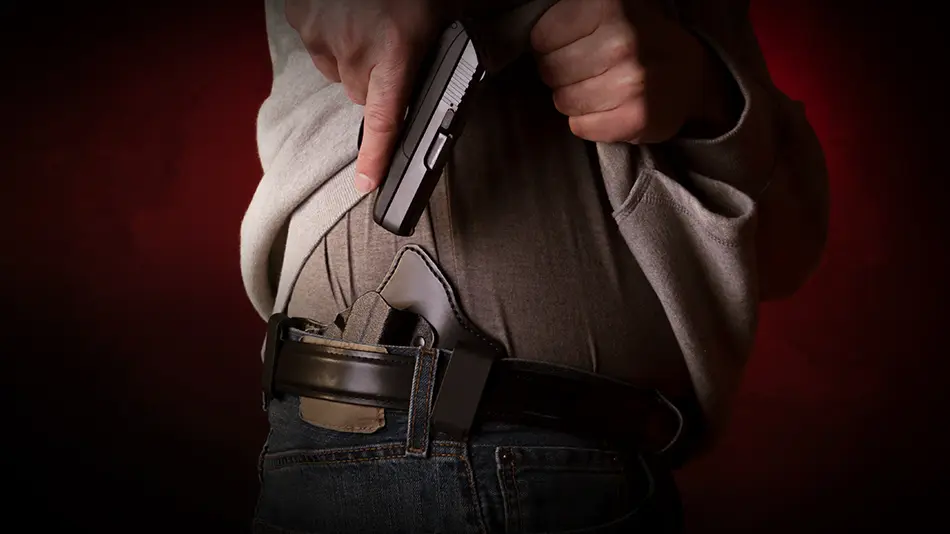
You are finally going to get a concealed handgun permit (“CHP”), but do you know what the process entails? Anyone who has a valid CHP in North Carolina can carry a handgun concealed about their person or vehicle unless otherwise specifically prohibited by law. In order to apply for your CHP, you must be at least 21 years of age; you must be a United States citizen or permanent resident; and you must have been a resident of North Carolina for at least 30 days. You must also complete an approved firearms safety and training course that involves the actual firing of a handgun and instruction on the state laws involving firearms and the use of deadly force.
How Do You Obtain a CHP in North Carolina?
In most counties, you may obtain an application for a CHP from your local sheriff’s department or online. As part of the application process, you must provide fingerprints and a release, allowing the sheriff’s office to review any records concerning your mental health and capacity. The sheriff must approve your application if you have met the above requirements unless you are prohibited by statute to obtain a CHP. The grounds for denying a CHP are laid out in N.C. Gen. Stat. § 14-415.12 (b).
The grounds for denying a CHP include: having a prior felony conviction; certain violent misdemeanors; dishonorable discharge from the United States Armed Forces; or a prior involuntary commitment for mental illness. Some misdemeanors only disqualify you for a certain period of time, whereas some felonies or involuntary commitments may be expunged after a certain period of time. If you believe your application has been improperly denied, you may appeal the denial of renewal or revocation of your permit to a district court judge in the district in which the application was filed. The determination of the district court judge is final.
Prohibited Areas for Concealed Carry
Once you get your CHP, you need to be aware of the laws governing concealed carry. You may not carry concealed into school property, government buildings, federal buildings, courthouses, or jails. If you are not certain whether you can carry concealed in a specific area, you should do your research before you carry. You may not carry concealed in any business that specifically prohibits concealed carry.
While you may carry concealed in bars or restaurants that sell alcohol, you may not carry concealed after consuming any alcohol. If you come into contact with a law enforcement officer and you are carrying concealed, you must reveal that information immediately and present your permit if requested.
Renewals
A CHP is valid for five years from the date of issuance. You may apply for renewal anytime within 90 days of the expiration of your CHP. If you have filed for renewal within 90 days, your permit is valid until you receive notice it has been renewed or that your renewal has been rejected. The sheriff must renew your permit if you remain qualified under the provisions of N.C. Gen. Stat. § 14-415.12.
Your CHP may be revoked if you perform an act that would have caused you to be denied a permit initially (e.g., being convicted of a felony, committing fraud or misrepresent facts to obtain the permit, misusing the permit, lending the permit to another person, or violating any terms of the statutes on obtaining and carrying a CHP.) You may appeal the denial of renewal or revocation of your permit to a district court judge in your district.
This is just a brief overview of the process to obtain a CHP and the obligations that come with the permit. For any questions regarding getting a permit in North Carolina, call U.S. LawShield and ask to speak to your Independent Program Attorney.
The information provided in this publication is intended to provide general information to individuals and is not legal advice. The information included in this publication may not be quoted or referred to in any other publication without the prior written consent of U.S. LawShield, to be given or withheld at our discretion. The information is not a substitute for, and does not replace the advice or representation of a licensed attorney. We strive to ensure the information included in this publication is accurate and current, however, no claim is made to the accuracy of the information and we are not responsible for any consequences that may result from the use of information in this publication. The use of this publication does not create an attorney-client relationship between U.S. LawShield, any independent program attorney, and any individual.





Leave A Comment